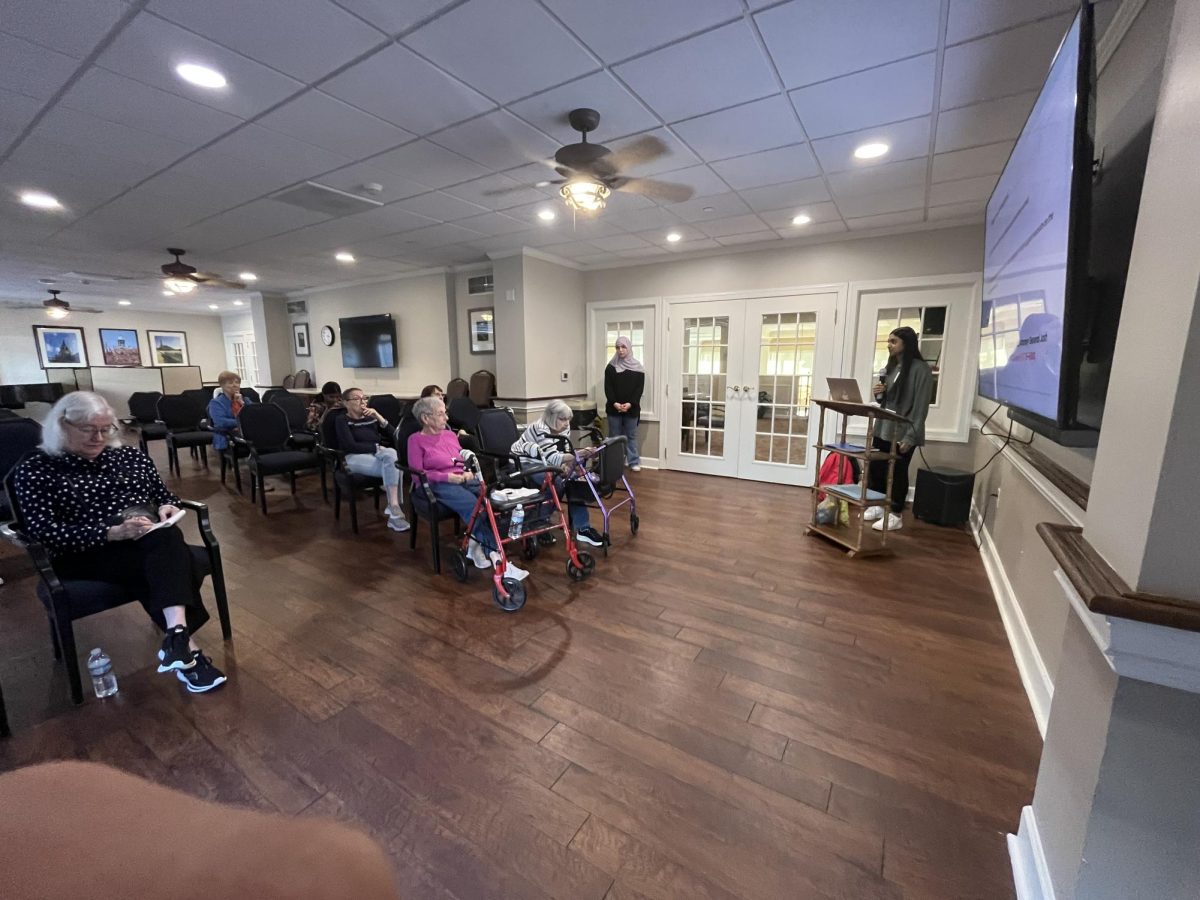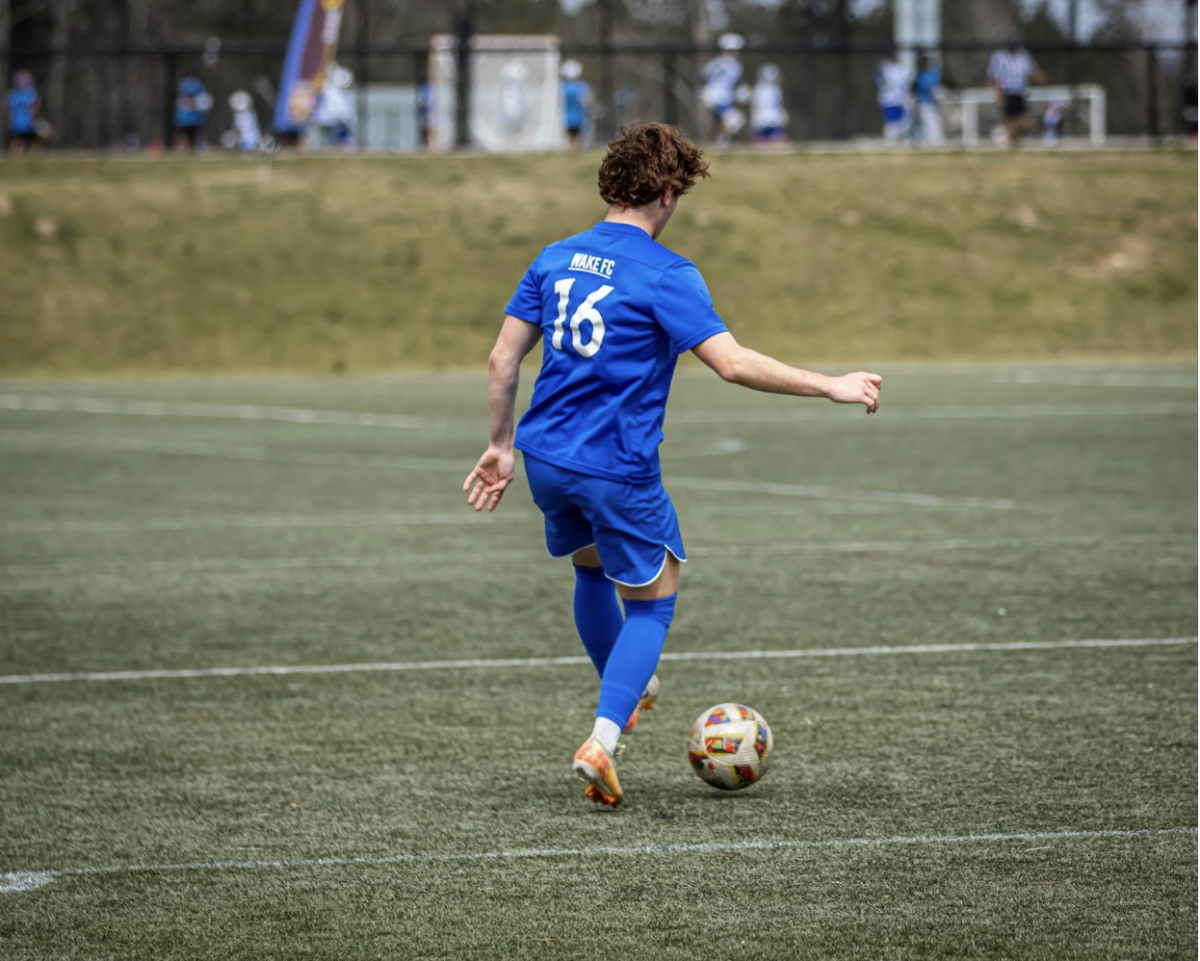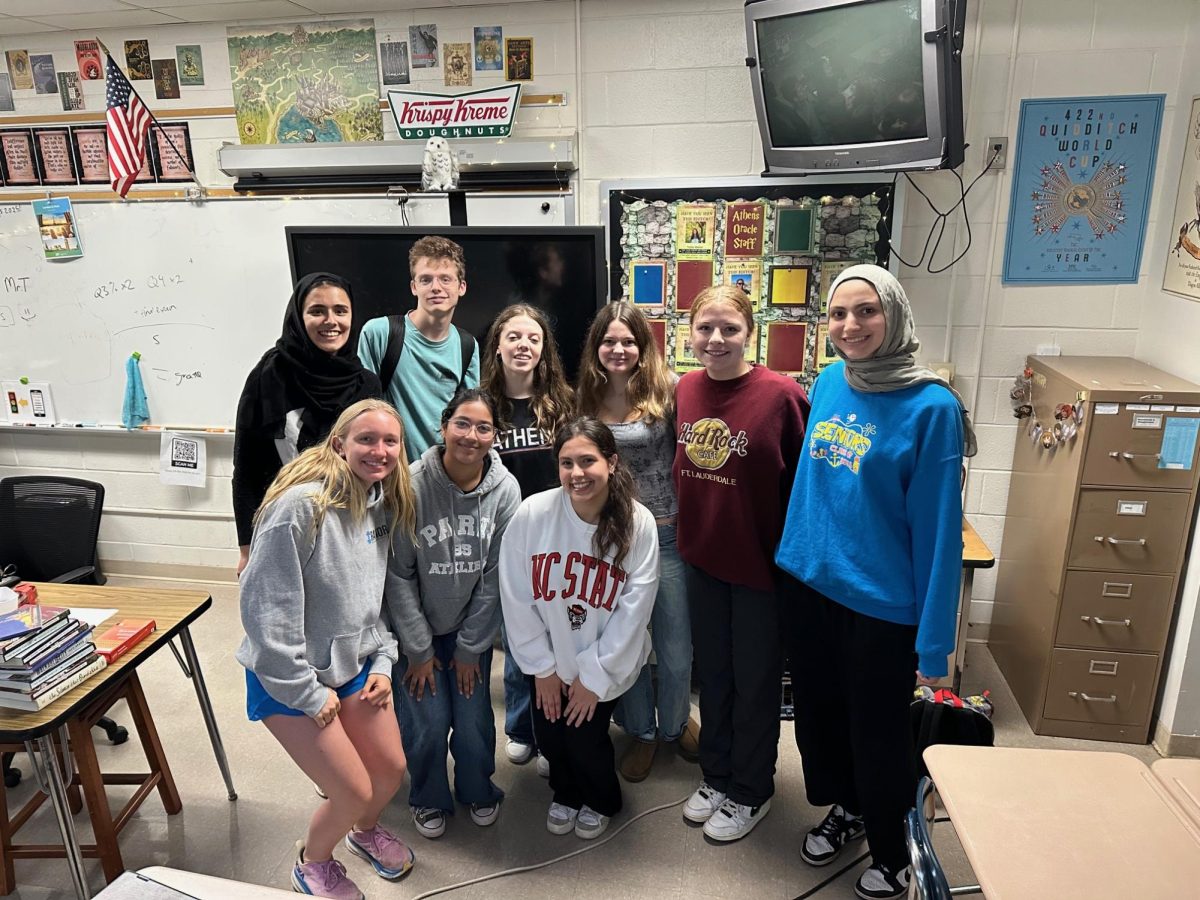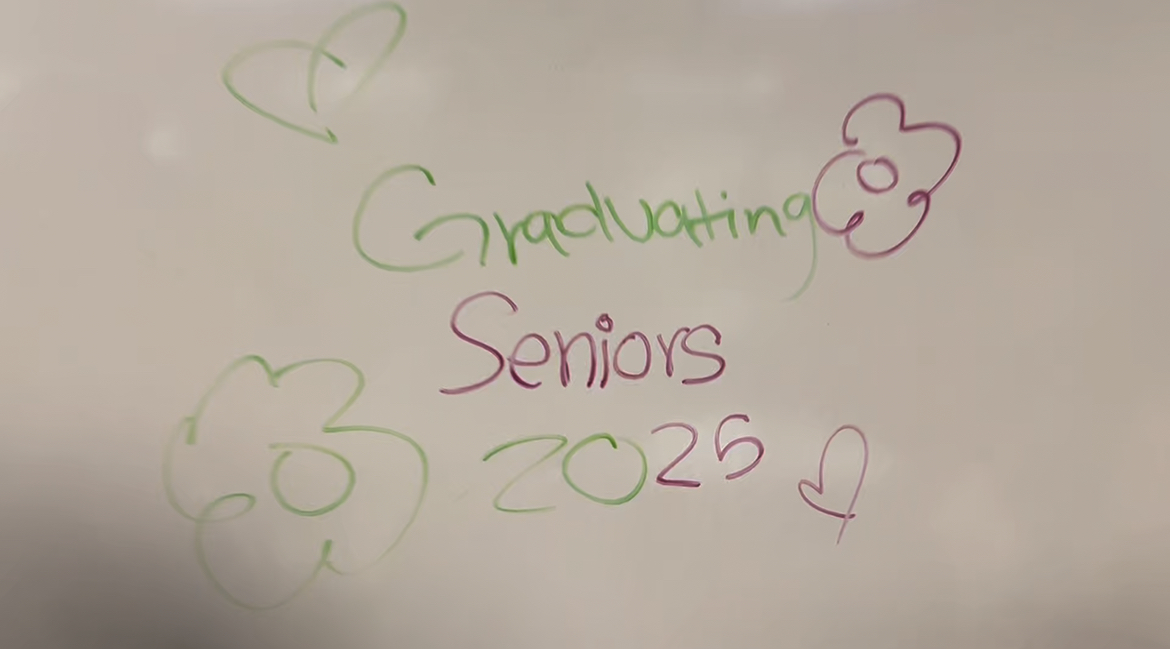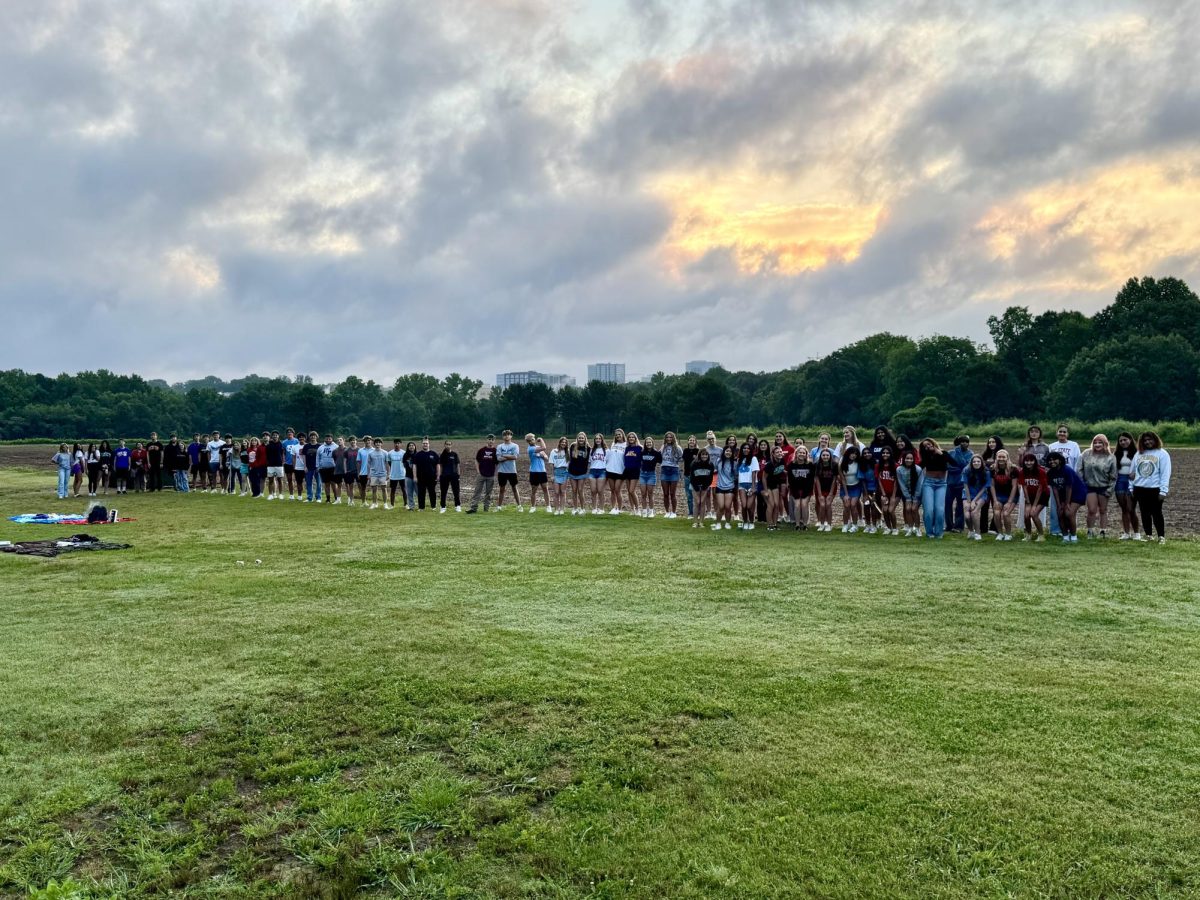Many can say they know someone who has fallen victim to fraud. Whether it is a friend, grandmother, or themselves, many fall victim to the trap. Americans lost 8.8 billion last year being conned by scams and fraud. As technology advances, so does the risk of getting scammed online. Online scams can affect both the younger and older generations. The new Athens Drive High School Cyber Club is tackling this issue head-on by providing new ways for students to get involved.
“A lot of my friends here are interested in cybersecurity, so I wanted to create a space at our school community where we talked about stuff like this,” said Vinaya Rao, founder of Cyber Club. “I wanted to help our community in something that I am passionate about, and this was my outing to do that.”
According to a study conducted by the University of Minnesota, 70 percent of parents report that their children spend four hours or more on screens daily. A rise in screen time has led some to stop and question the consequences of advancing technology. Many see the need for community awareness to protect teenagers online.
“One of my main concerns with teaching teenagers and being around kids is that everybody is on their phones so much, and there does not seem to be a second thought about safety,” said Michaela Connors, teacher advisor to the Cyber Club. “I think it is great that there is gonna be an opportunity for students to come learn about how to make better choices that will keep them safe down the road.”
Teenage discussions about cyber safety are not the only thing the club hopes to contribute to the cause. The club plans to make frequent trips to local retirement homes and teach residents how to use online resources.
“The elderly do get scammed, and that is what the nonprofit is mostly about. Reaching out to older communities and educating the elderly on internet safety,” said Connors.
Connors is incredibly passionate about the issue, as she has seen real-life consequences of the dangers of cyberspace, as both her mother and grandmother have been scammed online. She reflects on her observations of students and their relationship with the internet.
“It is so prolific, especially after [COVID-19] when everything had to go virtual, people are more trusting with sending credit card numbers or even putting birthdays online,” said Connors.
Through an ever-changing digital world, students navigate new ways of documentation, social media platforms, and online games every day. As access to online resources becomes a greater necessity for Generation Z, Athens Drive students welcome the newfound space to learn and teach in all areas surrounding electronic use.
“Just creating a community at Athens here so we can discuss cyber security events that are happening in the world and just educate ourselves as well… it [is] great,” said Rao.
Rao recently held the first interest meeting for the club, which boasted a high turnout of students interested in the club’s mission. She hopes the Cyber Club can carry on that mission through the future.
“We can really hit the ground running, [and] hopefully kind of flourish this year, and somebody else can take the baton once she graduates,” said Connors.
For any students wanting to get involved with the Cyber Club, the club meets the first Monday of every month in room 1800.

